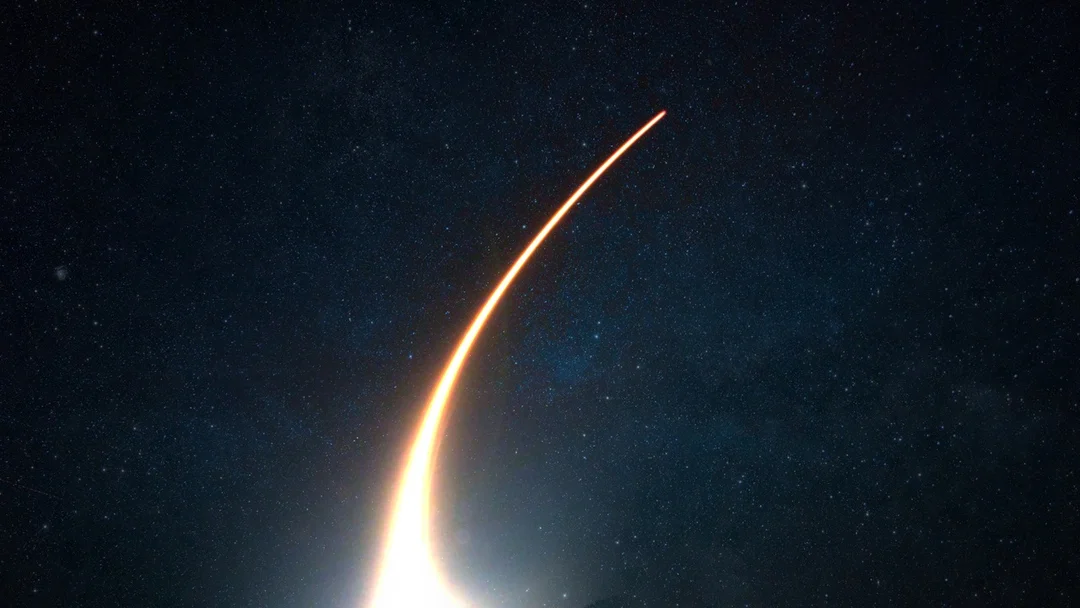
China’s Satellite Swarms: A New Space Race Triggering Global Military Concerns?
China's ambitious foray into space with its Guowang and Qianfan satellite constellations is igniting a global debate. With plans to launch thousands of satellites, concerns are mounting about space debris, collision risks, and the long-term sustainability of Earth's orbit. Is this a peaceful expansion, or a new kind of space race with potential military implications?
China's satellite initiatives are undeniably bold. Intended to bolster communication systems, global positioning, and data collection, these megaconstellations are simultaneously exacerbating space congestion. As more satellites crowd Earth's orbit, the likelihood of collisions increases, posing a threat not only to operational satellites but also to the International Space Station.
The issue of uncontrolled rocket reentries adds another layer of complexity. While controlled reentries are safer, they require more resources. In 2022, Spain was forced to close its airspace due to uncontrolled boosters from Chinese rockets. Consultant Jim Shell estimates over 1,000 launches are planned for the Guowang and Qianfan projects, each leaving behind rocket stages that contribute to orbital debris.
Adding to the concerns, Brigadier General Doug Wickert of the U.S. Air Force warned of a potential "Pearl Harbor"-style attack by China on U.S. assets in space. Speaking on YouTube, Gen. Wickert suggested China might seek to disable essential U.S. satellite infrastructure, including nuclear command and control systems (NC3) and military communications, before any potential conflict over Taiwan.
"Sweeping attacks executed upon critical US satellite architecture will be key for any Chinese invasion of Taiwan," says analyst Brandon J. Weichert. He highlights China's development of anti-satellite (ASAT) laser weapons capable of taking control of or disabling U.S. imaging satellites.
While SpaceX's Falcon 9 rockets perform controlled reentries, the sheer number of Starlink satellites also poses challenges by disrupting ground-based astronomical observations. The growing presence of satellite constellations from multiple nations makes the space debris crisis a global issue.
Transparency remains a critical issue in China's space activities. Bill Nelson, former NASA administrator, criticized China for not sharing information regarding rocket trajectories. Experts like Harvard astronomer Jonathan McDowell have pointed out that China’s space operations, particularly uncontrolled reentries, are objectively more hazardous than those of other nations. There are calls for better adherence to international standards.
As we enter the era of megaconstellations, the global community faces the challenge of managing space debris and ensuring the long-term sustainability of Earth's orbital environment. Cooperation between governments and private companies is essential to establish clear guidelines for space congestion. The future of space exploration depends on our ability to manage the clutter above us.
What steps should be taken to mitigate the risks posed by space debris and ensure a safe and sustainable future for space exploration? Share your thoughts in the comments below.